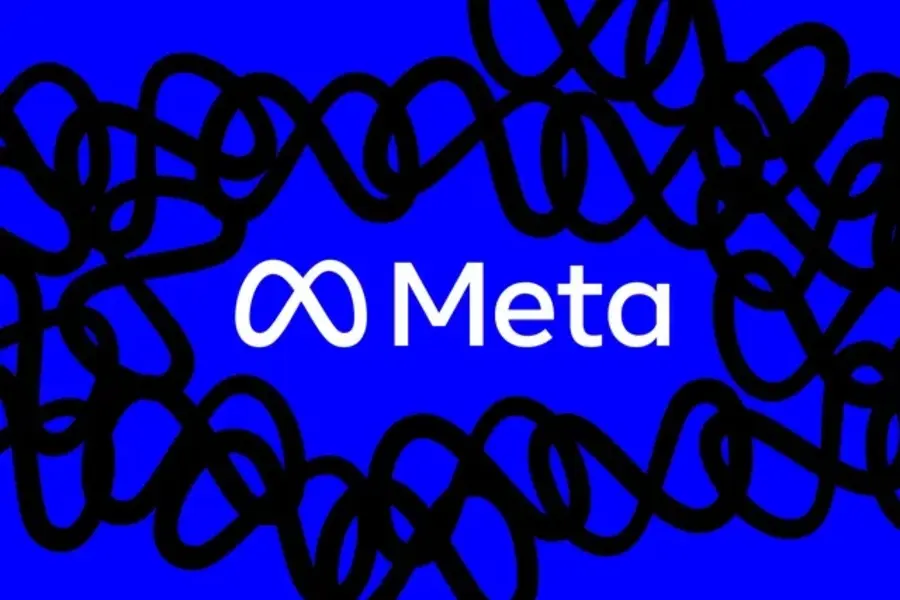Meta is preparing for another round of layoffs targeting “low-performing” employees as part of a more aggressive approach to performance management. CEO Mark Zuckerberg announced the decision in an internal memo, outlining plans to streamline the company’s workforce and refocus its talent pool. The layoffs are expected to affect about 5% of employees, with notifications beginning on February 10.
“I’ve decided to raise the bar on performance management and move out low-performers faster,” Zuckerberg wrote in the memo. Traditionally, Meta has given employees up to a year to address performance issues. However, the company is now accelerating these decisions, aiming to implement broader performance-based cuts. Roles vacated during this process will be backfilled in 2025, allowing the company to align its workforce with long-term goals.
Meta has not disclosed the exact number of layoffs, but the cuts are part of an ongoing effort to optimize operations. This follows previous reductions in 2022 and 2023, during which 21,000 employees were let go. Bloomberg first reported the details of Zuckerberg’s memo and the upcoming layoffs.
Zuckerberg’s memo reflects Meta’s broader shift toward maintaining a high-performing workforce as it tackles ambitious projects in artificial intelligence (AI), augmented reality (AR), and social media innovation. “This is going to be an intense year, and I want to make sure we have the best people on our teams,” Zuckerberg wrote.
The layoffs are expected to impact employees globally, with U.S. workers notified first and international notifications to follow. Meta has committed to providing severance packages consistent with those offered during previous layoffs. The company emphasized that while performance management standards are being raised, some employees who underperformed in recent evaluations may still be retained if their potential for future contributions is deemed promising.
The layoffs come as Meta, like many other tech companies, navigates economic uncertainty and industry-wide challenges. The company has been in a period of significant restructuring, marked by cost-cutting measures and workforce reductions. In 2024, Meta reported its largest-ever quarterly loss of $16.6 billion, highlighting the need for operational efficiency.
Zuckerberg framed the decision as part of Meta’s broader effort to focus on its core priorities while addressing inefficiencies. “Letting people go is never easy,” he wrote, “but I’m confident this will strengthen our teams and help us build leading technology to enable the future of human connection.”
Meta’s plans include backfilling roles eliminated during the layoffs with new hires in 2025. This move indicates a long-term strategy to rejuvenate its workforce and align talent with the company’s evolving needs. The layoffs, while challenging, are seen as a step toward building a stronger foundation for Meta’s ambitious projects.
The company has faced criticism in the past for its handling of layoffs and performance evaluations, but leadership is doubling down on its commitment to innovation. As Meta continues to invest in cutting-edge technologies, including AI and AR, these changes aim to position the company as a leader in the next wave of digital transformation.
For Meta, the upcoming layoffs are part of a larger narrative of change and adaptation. With plans to focus on high-impact projects and recalibrate its workforce, the company is striving to balance innovation with operational efficiency. As Meta gears up for what Zuckerberg describes as an “intense year,” the restructuring is poised to shape the company’s trajectory in the years ahead.







